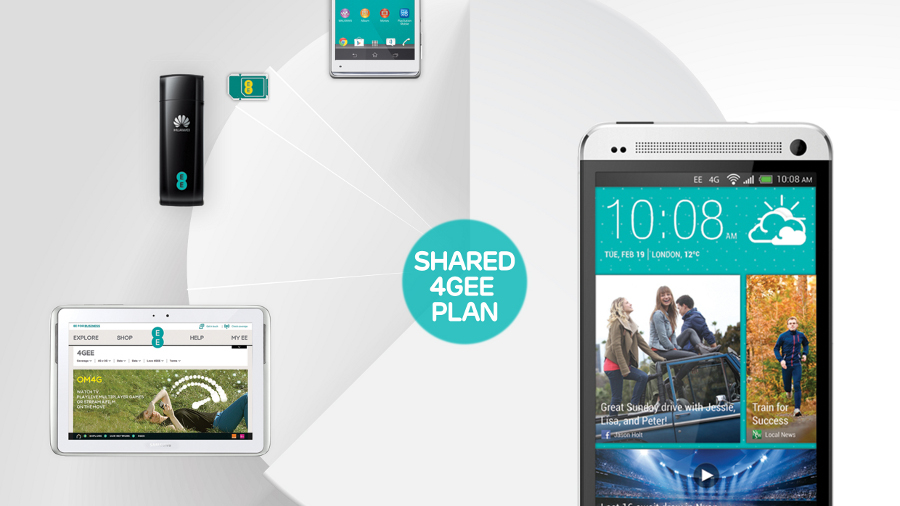Why has 4G gone from super-fast to cant-be-arsed?
Want it? Yep. Need it? Nope.

We're not fussed about 4G, it seems: according to a new report from Ofcom, 22% of UK smartphone users have no intention of upgrading to the cutting-edge mobile tech - and nearly two-thirds are unlikely to upgrade in the next twelve months.
That's hardly a surprise, because for now the UK's 4G market faces multiple obstacles.
The first and most obvious obstacle is that 4G isn't really here yet: we currently have a single operator on a single frequency band, and while hitting 60% population coverage is pretty impressive that still means coverage is limited to the bigger cities and towns.
Things will improve as the rollout continues and other operators get on board, but for now the majority of the country simply doesn't have coverage, and those of us who live in rural areas shouldn't hold our breath.
There are other issues too. Many of us are locked into long contracts that are expensive to leave early.
Some of us have phones that aren't 4G compatible (or that are 4G compatible but not for every network).
Some of us, I'm sure, are confused by the acronym avalanche - not just 4G but LTE and 4GEE too - and different operators' different frequency bands. And some people aren't convinced that 4G is worth paying for.
Sign up for breaking news, reviews, opinion, top tech deals, and more.
I think that last one is the biggie.
Good enough is good enough
Technology often hits a limit and that limit is called "good enough": if what you've got is good enough, it's hard to persuade you to upgrade - especially if that upgrade will cost you more money.
I think 4G suffers from that: assuming you can get the coverage, and you are out of contract, and your phone is compatible, and you don't run out of data allowance, is it really going to change your life? Is it going to make Twitter more tweety, YouTube more tubey, Spotify more musical?
Of course not.
Speed isn't everything. I've just dumped my super-speedy cable connection and replaced it with dull old DSL, because while the cable was significantly more expensive it wasn't significantly better. The headline speed was occasionally useful - downloading Windows 8 and uploading the odd enormous audio file was certainly quicker - but most of the time I simply didn't need it.
It seems as though 4G is the same: right now it's a luxury product, not a necessity. The challenge for the networks isn't to make us want it. It's to make us feel we can't live without it.

Contributor
Writer, broadcaster, musician and kitchen gadget obsessive Carrie Marshall has been writing about tech since 1998, contributing sage advice and odd opinions to all kinds of magazines and websites as well as writing more than twenty books. Her latest, a love letter to music titled Small Town Joy, is on sale now. She is the singer in spectacularly obscure Glaswegian rock band Unquiet Mind.